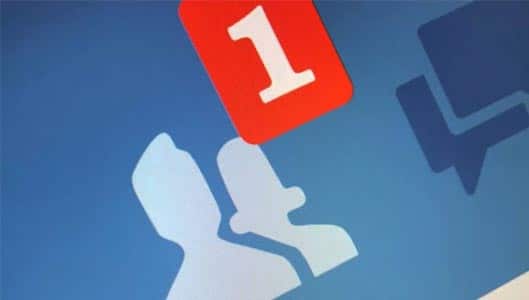Fake Facebook message warns users not to accept Jayden K Smith hacker
A fake Facebook warning is urging users to avoid accepting a friend request from a user named Jayden K Smith because he is a hacker. Longer versions of this hoax claim accepting the user will result in your account getting hacked.
Variants –
Please tell all the contacts in your Messenger list, not to accept Jayden K. Smith friendship request. He is a hacker and has the system connected to your Facebook account. If one of your contacts accepts it, you will also be hacked, so make sure that all your friends know it. Thanks. Forwarded as received
Don’t accept Jayden K. Smith , she is a hacker and will get into all your friends accounts on your friends list and hack them also so if you get a friend request from her name delete!!!
To all!
Do not accept friends request from Jayden K. Smith! He is a hacker and if you accept, you and all your friends will be hacked!!!!!
This appears to be the latest in a string of fake hacker warnings, none of which have any validity. Such warnings are popular on social media – those that warn of a nefarious hacker who will compromise your security should you accept them into your digital life.
Sponsored Content. Continued below...
And as we have stated a number of times, such warnings make little sense. You cannot be “hacked” just for accepting a friend requests, and if such warnings were true, why wouldn’t Facebook remove such offending accounts before such warnings had a chance to go viral?
It should also be noted that there are genuine accounts with the name Jayden K Smith but we’ve also seen a surge of fake accounts using this name claiming to be “hackers” pop up as a result of this viral rumour. These accounts belong to pranksters looking to exploit this rumour, not “hackers” or cyber-crooks.
These types of warnings have been around long before Facebook, affecting users of now defunct services such as MSN Messenger, where users would pass on warnings of phantom Messenger hackers trying to add themselves into your contact list. Such warnings were equally as spurious as their more recent Facebook counterparts.
Sponsored Content. Continued below...
Only last week of the date of this article another fake hacker warning was being spread warning of a hacker called Anwar Jitou, and much of these current warnings are penned exactly the same only with the name of the alleged perpetrator changed. It is likely that many of these warnings start as jokes but take a life of their own when users take them too seriously.
With that said, adding strangers on Facebook isn’t a good idea, and can potentially lead to compromising your privacy and your security, albeit not in the manner described in this warning. Accepting strangers gives them access to more of your personal information which can lead to issues such as identity theft. We outline some reasons to avoid accepting strangers on Facebook in our article here.
Continued below...
Thanks for reading, we hope this article helped, but before you leave us for greener pastures, please help us out.
We're hoping to be totally ad-free by 2025 - after all, no one likes online adverts, and all they do is get in the way and slow everything down. But of course we still have fees and costs to pay, so please, please consider becoming a Facebook supporter! It costs only 0.99p (~$1.30) a month (you can stop at any time) and ensures we can still keep posting Cybersecurity themed content to help keep our communities safe and scam-free. You can subscribe here
Remember, we're active on social media - so follow us on Facebook, Bluesky, Instagram and X
